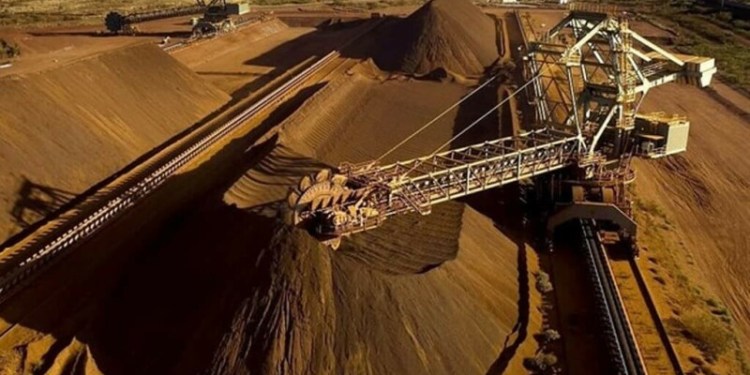CARACAS, Venezuela (AP) — Venezuela’s government is raising gasoline prices sixtyfold — the first increase of any kind in more than 17 years as the country struggles with an economic collapse. Yet drivers will still be able to fill their tanks for pennies.
President Nicolas Maduro announced Wednesday that he was increasing the price of gas as part of a series of measures designed to help with the falling price of oil, which makes up 95 percent of Venezuela’s export earnings.
He raised the price of 95-octane gasoline from .097 bolivars a liter to 6 bolivars per liter, and 91-octane gasoline from 0.07 bolivars to 1 bolivar per liter.
The hike may have symbolic importance, but gas still remains virtually free in Venezuela. Calculated at the widely used black market currency exchange rate, the price per gallon will be a few U.S. cents. In contrast, a beer costs around 300 bolivars while a basket of strawberries costs about 800 bolivars.
Maduro said the increased gasoline revenue will go to finance the government’s social programs.
The socialist president had been talking about hiking gas prices for more than a year. It’s a touchy issue in Venezuela, where memories are still vivid from 1989 riots in Caracas that erupted after the proposal of a series of austerity measures including a hike in gas prices.
The move comes as Maduro is under threat from a strengthened political opposition.
Earlier in the day, two-time opposition presidential candidate Henrique Capriles called for a referendum on recalling Maduro. Capriles, who leads the more moderate wing of Venezuela’s opposition, had previously stopped short of calling for Maduro’s ouster.
Maduro has been on a collision course with opposition leaders since critics of Venezuela’s socialist government took control of Congress in January for the first time in more than a decade. Last week, the Supreme Court overturned the one decision Congress had made since being sworn in — its attempt to deny Maduro emergency powers to deal with the economy.
Congress has been weighing several options for removing Maduro from office, including shortening his term, and calling a constitutional referendum. But many fear the Supreme Court, which has not ruled against the executive branch since the late President Hugo Chavez took office in 1999, would simply overturn these efforts.
A voter referendum might be a longer and more risky path, but Capriles said it was one the government would be forced to recognize.
“Now is the time. They will not be able to overturn a referendum,” said Capriles, a governor who narrowly lost to Maduro in the last presidential election in 2013.
Maduro’s approval ratings have languished in the 20 percent range for most of his term, but a recall battle would be complicated. To force a recall referendum, the opposition would need to gather nearly 4 million signatures. And if a referendum was held, the president would be removed only if the number of anti-Maduro votes exceeded the number of votes he got in the 2013 election.
___
Hannah Dreier is on Twitter: https://twitter.com/hannahdreier . Her work can be found at http://bigstory.ap.org/content/hannah-dreier .



























